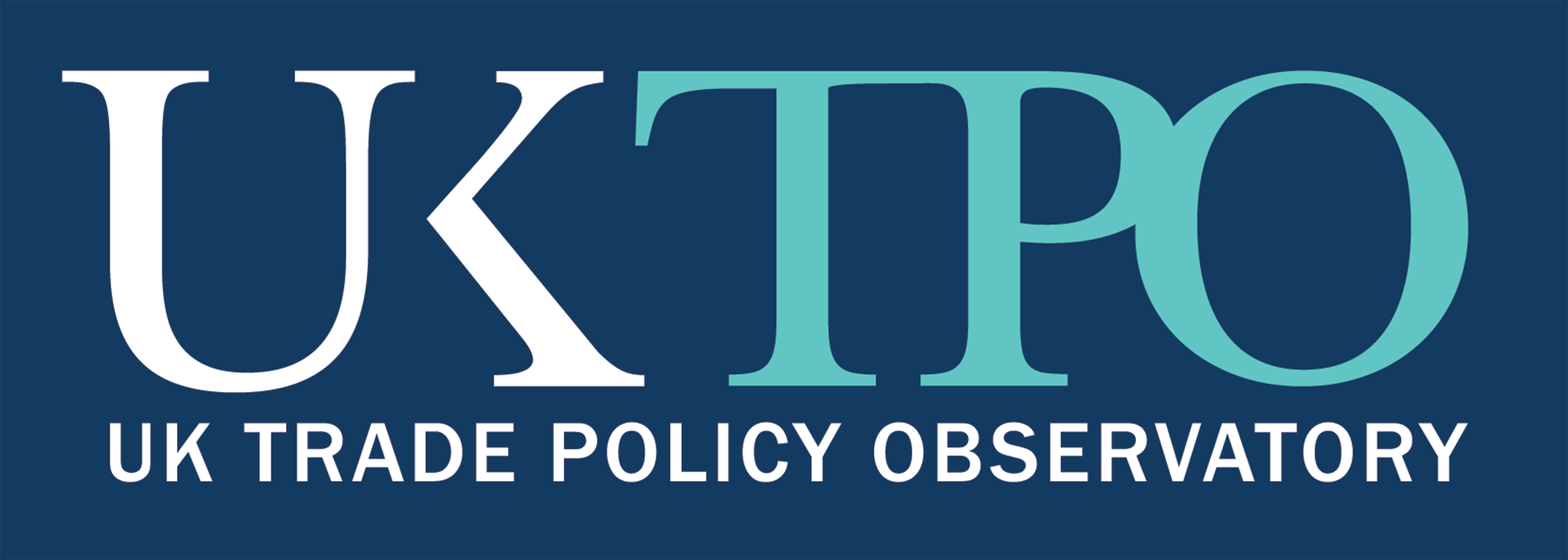From ‘efficient’ to ‘resilient’ supply chains, and beyond
Global supply chains are in the midst of a fundamental paradigm shift. From the late 1970s to the 2000s, many countries embraced economic interdependence through trade liberalisation and promoted a free market economy with minimal government intervention. From the global financial crisis in 2008 to the Covid-19 pandemic (2020-2023), governments have been shifting towards a more managed approach to trade. This trend has become more pronounced, as the world’s power balance changes, due to the rise of China, emerging technologies impact security and economy, and the sustainable global agenda becomes important for the world’s future in the 21st century. Highly industrialised economies, which previously focussed on liberalising trade through the WTO and through free trade agreements (FTAs), are shifting to more neo mercantilist approaches. They are pursuing resilient supply chain policies and measures to support climate change, national security concerns and other non-trade objectives (e.g. human rights). On top of that, ‘America first’ protectionism under the incoming US Trump administration will cast new challenges to its trade partners - including its resilient supply chain allies. What are the implications for trade policy of this paradigm shift from efficient supply chains to resilient chains and the return of US unilateralism? Major [...]

